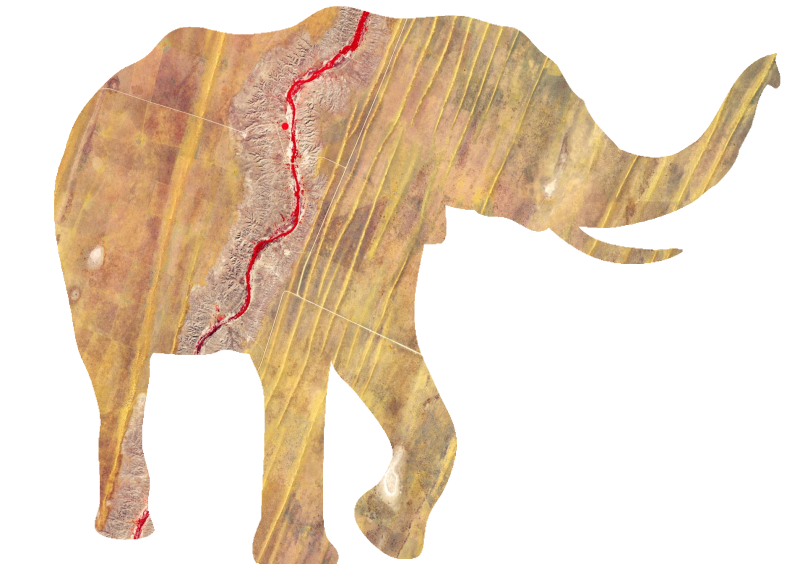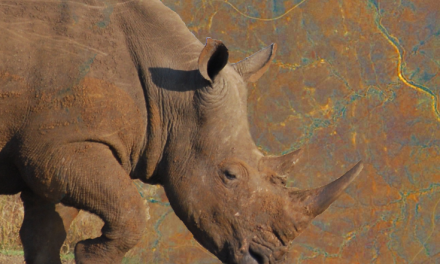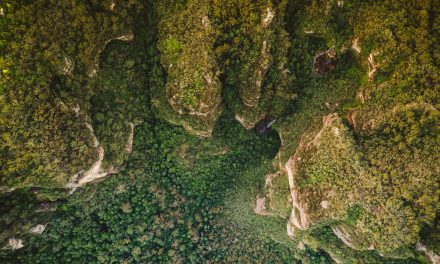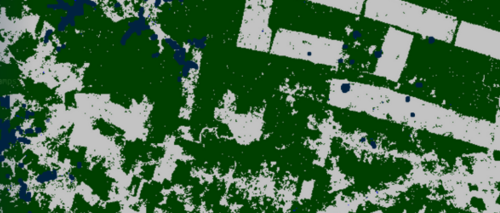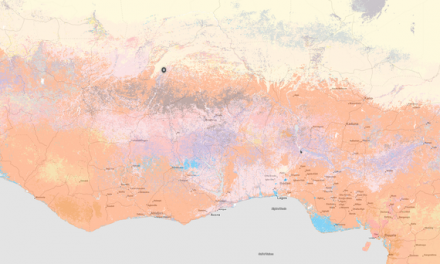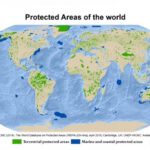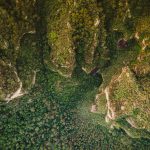Open PhD position in remote sensing of plant ecological genetics (URPP-N2)
We invite applications for a PhD position in remote sensing of ecological genetics. The University of Zurich (UZH) Research Priority Programme (URPP) on Global Change and Biodiversity (GCB) is an established interdisciplinary research program (http://www.gcb.uzh.ch). Biodiversity is both a response variable affected by global change drivers and a factor modifying ecosystem processes and services that are essential to human well-being. An improved capability to predict the consequences of changes in drivers will aid improved prediction of the state of the environment. The URPP GCB implements innovative avenues in this research domain by using a latitudinal gradient approach based on interactions, feedback and scale, to provide more reliable and robust knowledge of global change processes. Global change (namely land use change, climate change, invasions, exploitation, and pollution) influences biodiversity and vice versa. We are looking for a motivated candidate, capable of doing research at the disciplinary boundaries of (spatial) genetics, chemistry, and remote sensing. We therefore invite applications for a PhD position in remote sensing of plant ecological genetics. Plants are the trophic basis of terrestrial ecosystems and their diversity structures ecological communities. Both plant genetic and species-level diversity have large effects in biodiversity experiments. To determine their importance in natural communities requires methods for large-scale and long-term monitoring. Remote sensing technologies have this potential. Recent, cutting-edge studies have demonstrated the ability of spectroscopic imaging and laser scanning techniques to identify plant species and quantify several biochemical and structural traits, and a few studies have differentiated plant genotypes. While catalogues of species and traits are now being established using multiple approaches, data on genetic diversity is more sporadic, and laborious to collect. Yet genetic diversity is a key determinant of adaptive potential for species in a changing climate. This project seeks to develop the use of remote sensing technologies to quantify plant genetic diversity. Technologies to
be used include spectroscopic imaging and laser scanning across a range of scales.
The successful applicant will be based in Zurich and embedded in a supervisory team including Meredith Schuman (https://www.geo.uzh.ch/geolean/en/department/entire-staff-list/?content=schumanmeredithchristine),
and Michael Schaepman (http://www.gcb.uzh.ch/en/aboutus/people/schaepman.html). You will work in the Department of Geography, which hosts several research groups working on a variety of topics assessing the key
drivers of global change and biodiversity.
To apply, all applicants must have a completed master’s degree in genetics, bioinformatics, or a closely related scientific field. Applicants must be able to work with statistical tools and scripting languages (i.e.
Matlab, Python, R), have experience with genetic analyses (e.g. genome, transcriptome, genetic mapping, and genotype x environment studies), and be motivated to conduct field and glasshouse research (experience is an asset). Understanding of spatial statistics or higher order statistics is an asset. A high standard of written and spoken English is mandatory. The position can start as soon as a suitable candidate is found. Salaries correspond to the UZH regulations of PhD salaries.
We are looking for a highly motivated, enthusiastic and independent person with a passion for science to join our team. We offer outstanding working conditions, a high quality of life in Zurich, and an excellent
support environment. Please upload your application (including position reference URPP-N2) (motivation letter, complete CV, and names of 2 references) to https://www.appointments.mnf.uzh.ch/position/7012353. Selection of candidates will begin January 20, 2019. Preferred starting date in Zurich is July 2019 or upon agreement. For further questions, please contact meredith.schuman@geo.uzh.ch or
michael.schaepman@geo.uzh.ch.
